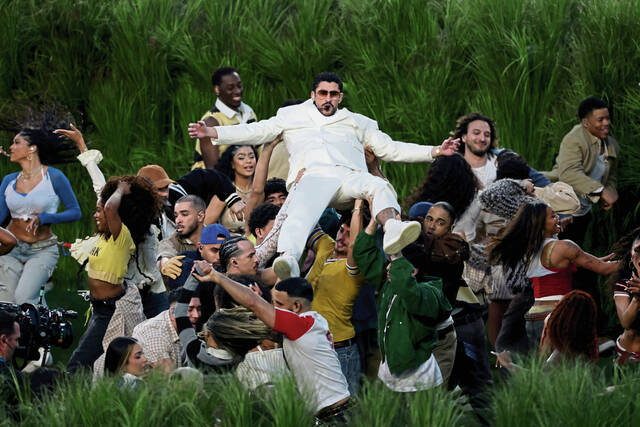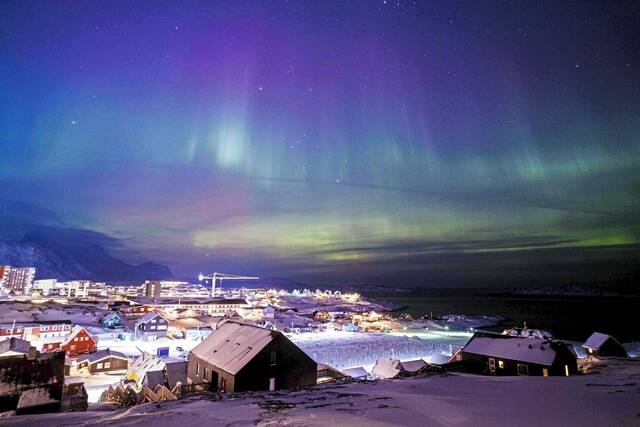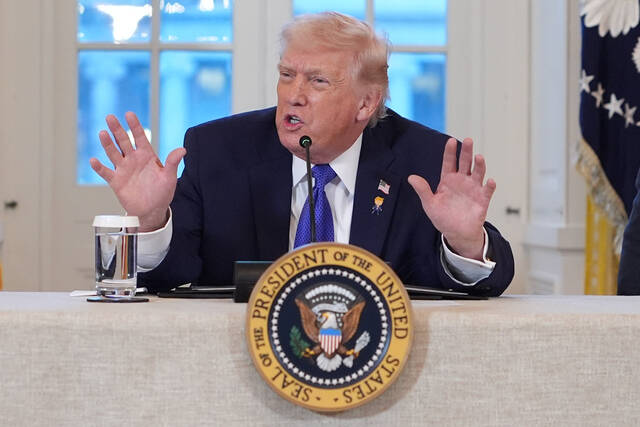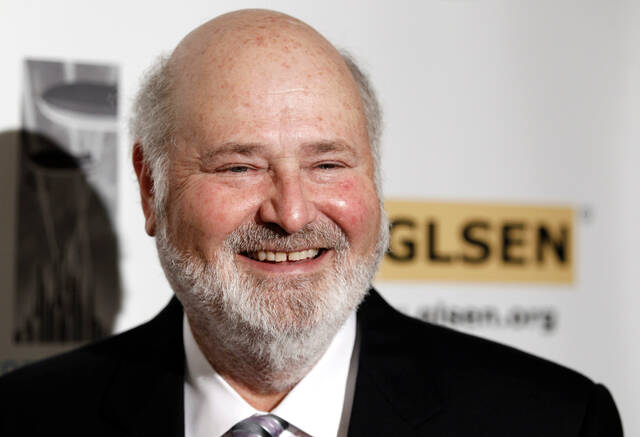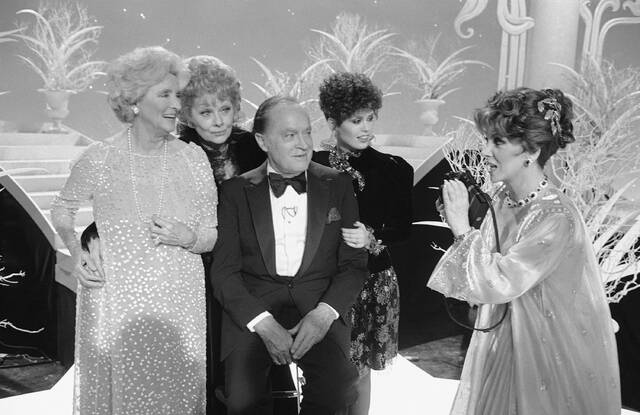Christmas 1979 marked a sobering time for America.
Here in the Pittsburgh region, fortunately, we were enjoying a unique reign as City of Champions, with the Pirates winning the World Series and the Steelers in the process of a second back-to-back Super Bowl coup. These were badly needed respites for the people of Western Pennsylvania, especially in the steel and manufacturing industries. The economy was a nightmare.
Nationwide, in fact, the economy was in the dumps, underscored by a pessimistic measurement called the “misery index.” Unemployment and inflation were at double-digit levels. Interest rates approaching 20% nearly halted home buying. An energy crisis wrought soaring gas prices and queues during a nasty winter. The nation faced its worst economic situation since the Great Depression. America was also recovering from the woes of Vietnam and Watergate.
Internationally, things were about to get far worse, with two stunning events abroad that we’re still reeling from today.
In November, Iranian militants stormed the U.S. embassy in Tehran, seizing 66 hostages. For how long?
North of Pittsburgh, about a half-hour from where I live in Grove City, the people of Hermitage began posting flags for each day the hostages were held. In all, there would be 444. Today, it is called the Avenue of 444 Flags.
Then came a Christmas-time shocker. Late December 1979, the Soviet Red Army invaded Afghanistan. America was already losing the Cold War, and this was the worst sign yet. President Jimmy Carter learned of the invasion while celebrating Christmas with his family in the White House. Just six months earlier, he had literally kissed Leonid Brezhnev on the cheek in Vienna. Brezhnev betrayed him with that kiss.
To say that the legacy of what happened in Iran and Afghanistan are still with us is an understatement. The Ayatollah’s Iran became the world’s most dangerous Islamist theocracy. No country sponsored terrorism like Iran.
Or, at least, until the Taliban took over Afghanistan in 1996.
A byproduct of the Soviet invasion in 1979 was a mass destabilization of Afghanistan that resulted in the Taliban’s emergence. The Soviet action also brought a fellow named Osama bin Laden into Afghanistan, from which he and his 9/11 hijackers would bring to America the most vicious terrorist strike in our history on Sept. 11, 2001.
That legacy of 1979 was felt acutely in this area, particularly with Flight 93. The flight pattern of that airliner went right above us in Grove City before turning and effectively heading down Interstate 79, where it went directly over the newly constructed Heinz Field and downtown Pittsburgh before reaching its final destination — its internment — in a farmer’s field near Somerset.
The pieces that set all of this in motion began falling in place 40 years ago this time, 1979. It was a tumultuous time for America and the people of this region.
But then again, Christmas is a time of hope. America would survive the events of Christmas 1979. We would survive 9/11. In fact, we would survive — and outlive — the Soviet Union, which not long after fell to the ash-heap of history. The 1970s might have ended with the Soviets in Afghanistan and hostages in Iran, but the 1980s ended with victory in the Cold War.
If the Christmas season should remind us of one thing, it is hope.




